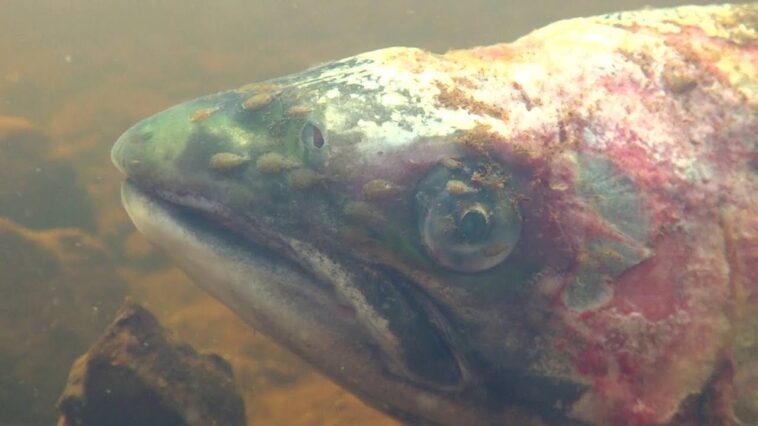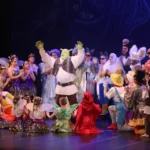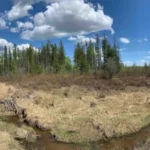In a report released January 28, Commissioner Caroline Maynard of Canada’s Office of the Information Commissioner has formally ordered Fisheries and Oceans Canada (DFO) Minister Diane Lebouthillier to fully disclose long-requested data from its 2022 report on sea lice. This comes in the wake of a complaint by Watershed Watch Salmon Society (WWSC), which alleges DFO improperly withheld information important for its 2023 sea-lice analysis. DFO has confirmed it will comply with the order, which reads, “I order the Minister of Fisheries and Oceans to fully disclose the records.”
Dubious Science
The 2023 Canadian Science Advisory Secretariat (CSAS) report by DFO concluded that there was not a statistically significant association between sea lice infestations at BC salmon farms and those in wild salmon populations. Specifically, the report stated that the occurrence of lice infestation on wild migrating juvenile Pacific salmon “cannot be explained solely by infestation pressure from farm-sourced copepodids.”
This conclusion was met with criticism from the scientific community. A group of 16 professors and research scientists expressed concerns about the report’s processes, stating that it “falls far short of the standards of credible independent peer review and publishable science.” They highlighted that there are over 30 peer-reviewed studies from BC linking sea lice on wild juvenile salmon to salmon farms, suggesting that the CSAS report does not align with the broader scientific consensus.
Transparency Demanded
For Watershed Watch Salmon Society (WWSC), the ruling by Commissioner Caroline Maynard comes after a two-year battle to get full disclosure of the data from DFO’s 2022 report on sea lice. According to Stan Proboszcz, WWSC’s senior science and policy analyst, “When I tried to access the data through the Access to Information and Privacy process, the data files I received were so censored, they included very little of the information I was actually asking for. Instead I was sent mostly blank or redacted pages.” This didn’t stop Proboszcz, however. “Next, I tried to go through the Auditor General of Canada’s Environmental Petition process, but this produced the same useless files, stripped of all the data that supposedly informed their report findings.”
However, Proboszcz and WWSC were not deterred by bureaucratic stonewalling. “After a year of dead ends we still weren’t giving up, and I filed a complaint in early 2024 with the Information Commissioner of Canada, Caroline Maynard, hoping she would look into it. After a year-long investigation the commissioner emailed me her final report.”
“It should not be this difficult to access information about an industry operating in public waters. This two-year struggle for the truth begs the question—what are they trying to hide about the harmful impacts fish farms have on BC wild salmon?” Proboszcz said.
First Nations Wild Salmon Alliance chair Bob Chamberlin also criticized DFO’s lack of transparency, revealing that First Nations involved in the BC Aquaculture Transition Planning process had requested this same data two years ago but were ignored.
Protecting Privacy or Shielding Industry?
The suppressed records consist of five Excel spreadsheets, with four containing only temperature and salinity data. DFO has now conceded that this information can be released. However, the fifth spreadsheet, which contains sea-lice data, was partially withheld, with four columns removed to prevent calculations on the number of fish per farm pen. DFO cited concerns that disclosing this information could reveal sensitive business details of the companies involved.
The data relates to three major fish farming companies operating in BC: Cermaq Canada, Mowi Canada West, and Grieg Seafood British Columbia. Only Mowi responded to the commissioner’s request for representation, and their data was deemed safe to release, as it only contained temperature and salinity records.
Meanwhile, Cermaq—whose data reportedly includes sea-lice information—did not respond to the investigation. Under Canadian law, if an institution withholds information related to a third party, the burden is on them to prove why secrecy is necessary. In this case, the commissioner ruled that the government had failed to show that the data was objectively confidential or that it had any legitimate justification for being withheld. This latest ruling reinforces longstanding concerns that DFO is more invested in protecting the fish farming industry than in protecting wild salmon and public interest.







